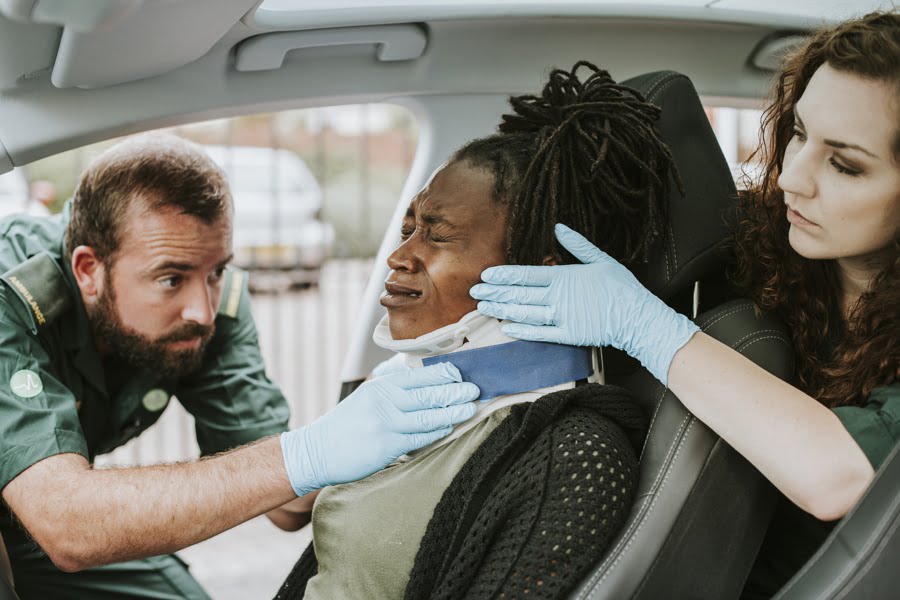What are the long-term effects of car accidents?
Being in a car accident, no matter how minor, can be a frightening experience. Besides the urgent and immediate need to take care of your injuries, you may find that you also have to deal with the long-term effects that may be associated with a traumatic event. It is widely recommended that you seek both physical and psychological therapies if necessary to help you overcome other ways in which the collision might affect you. Some therapy methods may include the use of drugs from dispensaries such as magicmushroomsdispensary to help ease pain, and anxiety or help you sleep – this would only be recommended if your doctor or therapist believes it would be your greatest benefit. You can get more information on the long-term effects of a car accident through independent research or by talking to an attorney.
Long-Term Physical Effects
Although car accident victims often suffer physical injuries, some of them quite severe, with the proper treatment and therapies, many people achieve a full recovery. However, there are others who will have unexpected complications that may become a part of their lives forever. If this has happened to you, a car accident lawyer can help you get the compensation you deserve.
These are among the most common long-term physical consequences of car accidents.
Head Injuries
Getting hit in the head during a car accident can result in concussions, contusions, penetrating wounds, brain jerking, head rotation, and traumatic brain injuries. Although some victims recover after time, others are left with diminished mental and physical capabilities.
Other Physical Injuries
Car accident victims also experience many of the following physical injuries that may have long-term consequences:
- Damage to the spinal cord
- Headaches
- Back pain
- Neck strains and fractures
- Blurred vision
- Dizziness
- Insomnia
- Weakness and fatigue
Victims may also experience chronic pain, diminished mobility, memory issues, and a host of cognitive problems.
Long-Term Emotional Effects
The emotional consequences of a car accident should not be minimized. If you have been in a car crash, you may find that you are fearful of starting to drive again, that you get stressed every time you drive by the place where the accident happened, that you get startled by loud noises, or that you are having trouble falling asleep. None of these symptoms should be taken lightly.
Other emotional consequences of car crashes can be:
Depression
Physical injuries can also be accompanied by depression. A major source of depression after a car accident is the worry over others in the car who might be suffering more extensive injuries or have lost their life. PTSD, which is also common after trauma such as a car crash, also has an element of depression.
Anxiety
Anxiety that lasts for weeks or months after the accident can become chronic. It may prevent the driver from getting back behind the wheel of a car, or it can cause panic attacks, sleep disorders, and phobias.
PTSD
PTSD is common after car accidents. The victim becomes traumatized by the experience, constantly having flashbacks of the collision, feeling an emotional vacuum, experiencing anger and loneliness, or having suicidal thoughts. The symptoms of PTSD can typically be alleviated with the help of a qualified therapist and the use of natural relaxants, such as thc a gummies and CBD-based topicals.
Other Emotional Injuries
Additional long-term emotional injuries brought on by a car accident may be:
- Mood swings
- Weight fluctuations
- Anger
- Fear
- Loss of appetite
- Sexual dysfunction
- Lack of energy
Emotional scars left by car accidents may not be taken seriously by those around the victim. However, it is important for those suffering from them to seek professional help to help achieve some relief.



